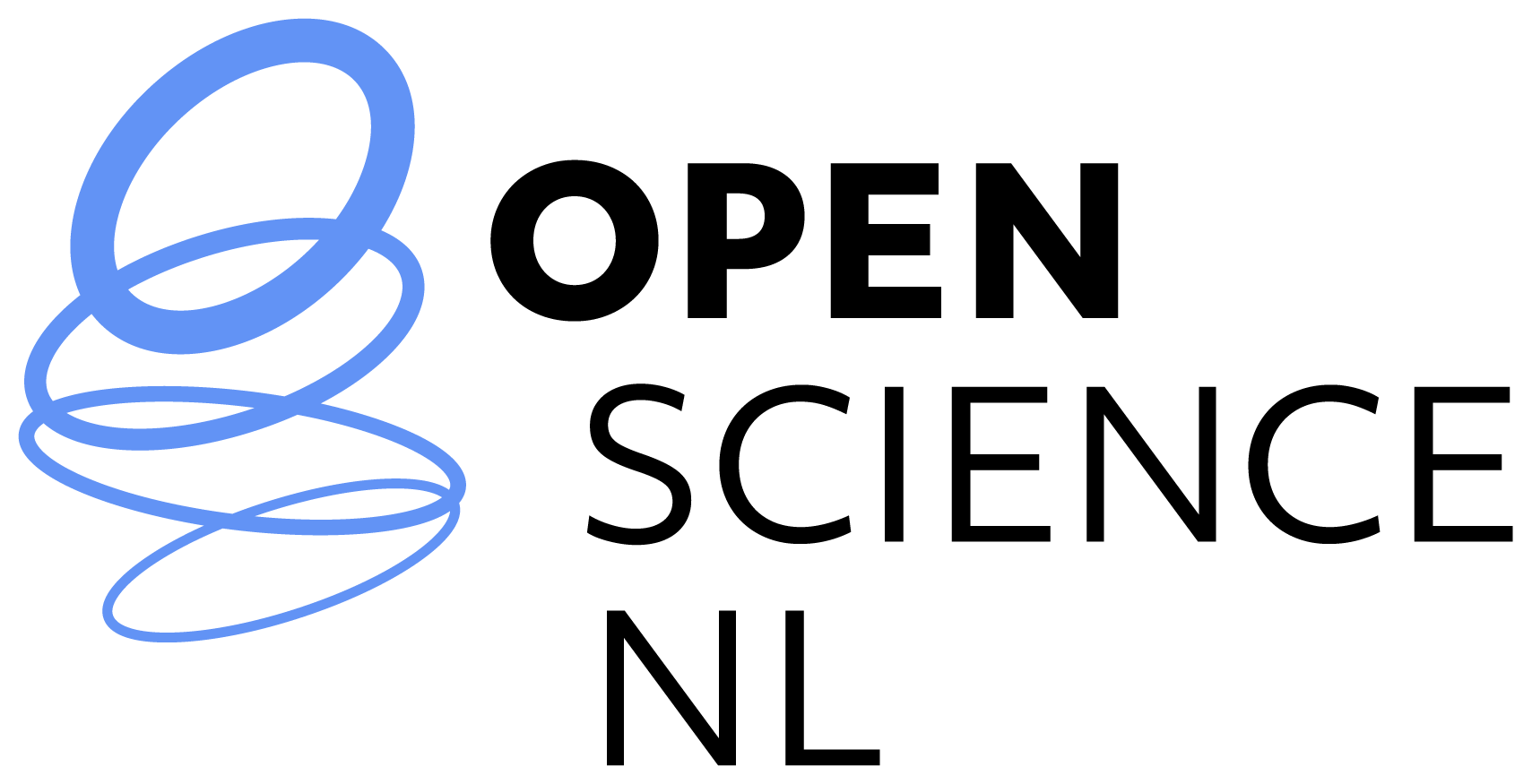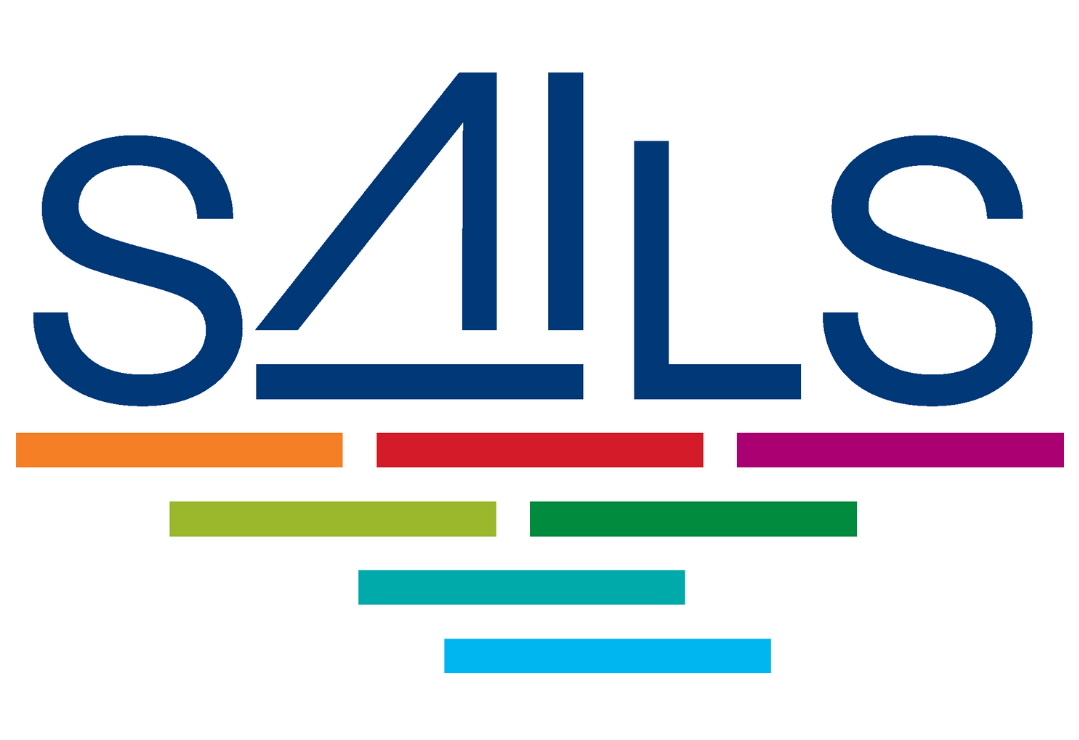Open Science in Archaeology: An Unconference
We aim to provide a venue, in the form of an unconference, where archaeologists with a (budding) passion for Open Science can meet to exchange ideas and experiences. During the unconference we also hope to improve awareness of Open Science in archaeology, as well as to help people convert awareness into practice by offering skill-up workshops and developing basic guidelines for practising and teaching Open Science.
By bringing together experienced Open Science practitioners with researchers who are interested in employing Open Science in their research but don’t know where to begin, we will identify the needs of novice practitioners and develop useful guidelines for getting started with Open Science in archaeology.
By organising an event specifically focused on Open Science as opposed to field-specific topics, we aim to bring together people from across archaeological subdisciplines who normally don’t have a platform for collaboration.
The themes for the unconference will be Education, focusing on developing guidelines and integrating Open Science in the regular curricula, and AI, specifically concerning the ethics and reproducibility of its use in archaeology.
An Un-what??
Do you often find yourself coming back from an academic conference with little to show for it?
Are you sick of sitting in a room and watching presentations all day?
Do you find the networking to be the most important part of a conference tour?
Are you frustrated by the increasing cost of registration?
. . .
If you answered ‘yes’ to at least one of these, then an Unconference is perfect for you!
An Unconference is intentionally a very different take on the typical academic conference. Participants are at the center of the Unconference, where the content of the conference is largely defined by what participants want to see (with a predefined overarching theme). An Unconference also encourages collaboration, whether this is collaboratively deciding on the topics for discussion, or co-creating output documents resulting from Unconference sessions.
The event will consist of morning workshops that will provide training in various Open Science-related skills. During lunch, there will be a marketplace where Open Science related communities, infrastructures, etc., will have the opportunity to set up a booth and interact with the participants of the event. The afternoon will consist of presentations by participants, on topics chosen by the participants, followed by discussion sessions for the presentations and additional discussion topics (including AI in archaeology). The end of the first day will consist of a brainstorming session where participants will come up with ideas for outputs for the Unconference, followed by drinks and networking. The second half-day will be a hackathon, where those interested will work on the Unconference outputs suggested during the brainstorming session of the previous day.
Code of Conduct
The code of conduct is adapted from the National Open Science Festival.
The UnArchaeology event is organised to enable all participants to learn about, share, and discuss open science practices in archaeology. The purpose of this Code of conduct is to enable an environment in which diverse individuals can collaborate and interact in mutual respect. We recognise a shared responsibility to create and maintain that environment for the benefit of all.
Some behaviours, therefore, are specifically prohibited:
- discriminating, racist, intimidating, harassing, lewd, demeaning, bullying, stalking, or threatening speech or actions;
- any real or implied threat of physical harm;
- unwelcome sexual attention;
- unwelcome physical contact;
- sustained disruption of speakers or events (verbally or physically);
- retaliation against an individual for reporting harassment or other unacceptable behaviours;
- retaliation against an individual for participating in the investigation of a report of harassment or other unacceptable behaviours;
- advocating or encouraging any of the above behaviours;
- falsely reporting harassment or other unacceptable behaviours.
Critical examination of beliefs and viewpoints does not, by itself, constitute hostile conduct or harassment. Similarly, use of sexual imagery or language in the context of a professional discussion might not constitute hostile conduct or harassment if necessary to the topic of discussion.
Reporting
If someone makes you or anyone else feel unsafe or unwelcome, or if you believe a harassment problem exists, please report it as soon as possible to a member of the organising committee. If the person you should report to is the target of the complaint, you may contact other event organisers. The target of the complaint will not be involved in handling or resolving the incident. Every code of conduct violation report will be treated with seriousness and care.
If no immediate action is required, you can also report a complaint electronically to Esther Plomp (e.plomp[at]tudleft.nl) or Bjørn Peare Bartholdy (b.p.bartholdy[at]tudelft.nl). These complaints will be carefully reviewed and potentially followed up on after the event.
Contact
Questions?
b.p.bartholdy [at] tudelft.nl
or



